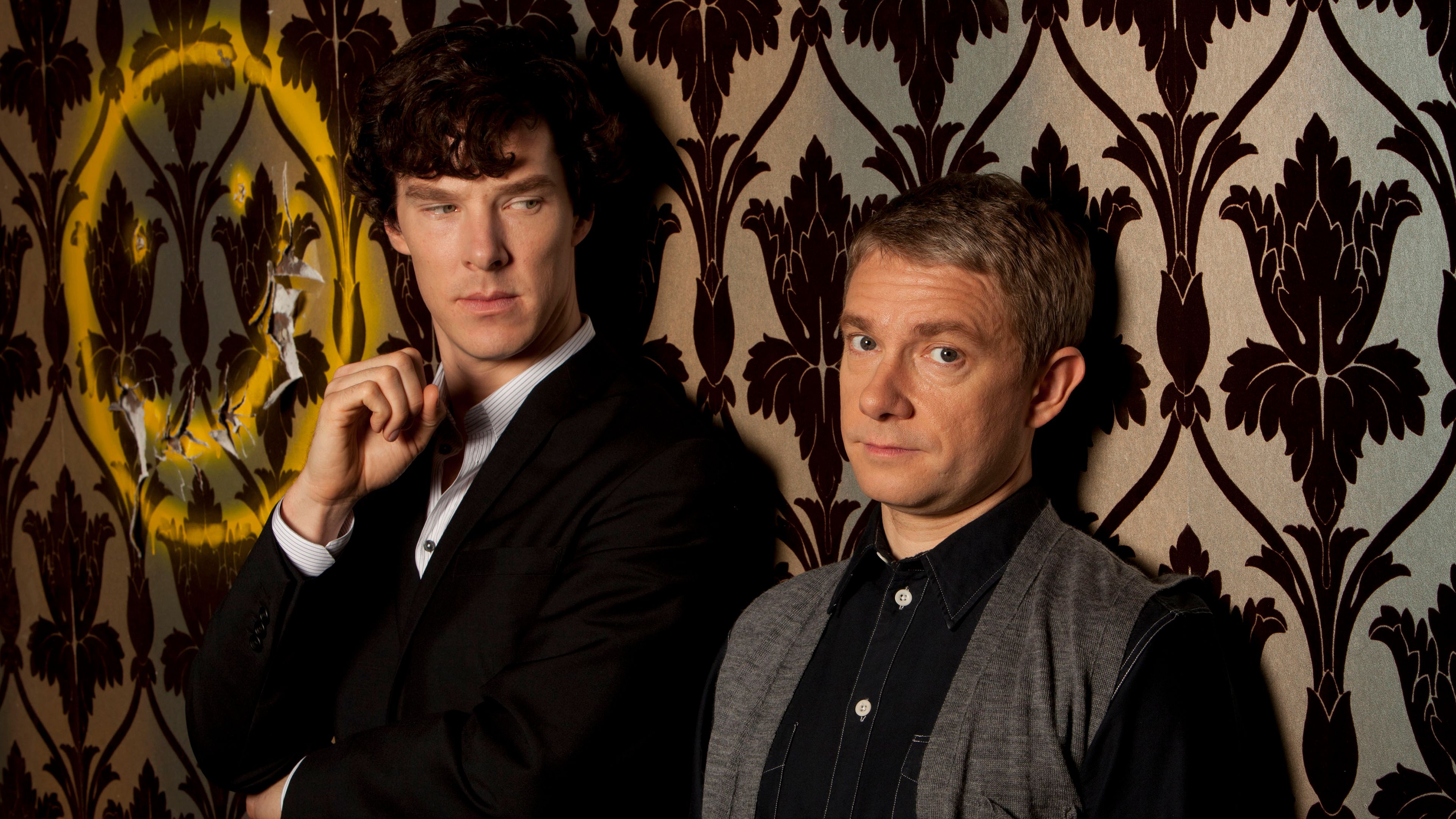
The BBC’s Sherlock had the potential to be the definitive modern take on the Sherlock Holmes stories, but a few key choices in its last two seasons held it back. Sherlock Holmes, created by Sir Arthur Conan Doyle, is one of the most frequently adapted and successful literary characters in all forms of media.
For decades, Sherlock Holmes has been reimagined across many different forms of media. Because the rights to the character are somewhat flexible, creators have had the freedom to put their own spin on the stories. One of the most successful modern updates is the BBC’s Sherlock, a series created by Steven Moffat and Mark Gatiss that cleverly moves the iconic detective into the present day.
The TV show Sherlock initially gained popularity by updating classic Conan Doyle stories with modern themes and technology, and its first two seasons were very well-received. However, the show’s quality declined noticeably in its later seasons, though there were potential solutions that could have improved it.
Sherlock Should Have Seized Molly Hooper

Molly Hooper, played by Louise Brealey, is a recurring character in Sherlock who works as a pathologist at St. Bartholomew’s Hospital and has romantic feelings for Sherlock. In the early seasons of the show, Sherlock barely notices her, only interacting with her when he requires her professional services and remaining unaware of her affections.
The show suggests Molly was crucial in helping Sherlock fake his death, but afterward, she’s largely sidelined until the finale, where her emotional reaction is used for dramatic effect.
Molly is a smart and compassionate person who is always ready to lend a hand. Her personality would have offered a fresh and engaging dynamic alongside Sherlock and Watson, potentially adding a lot to the show.
Sherlock Went Too Far With Holmes’ Deduction Skills
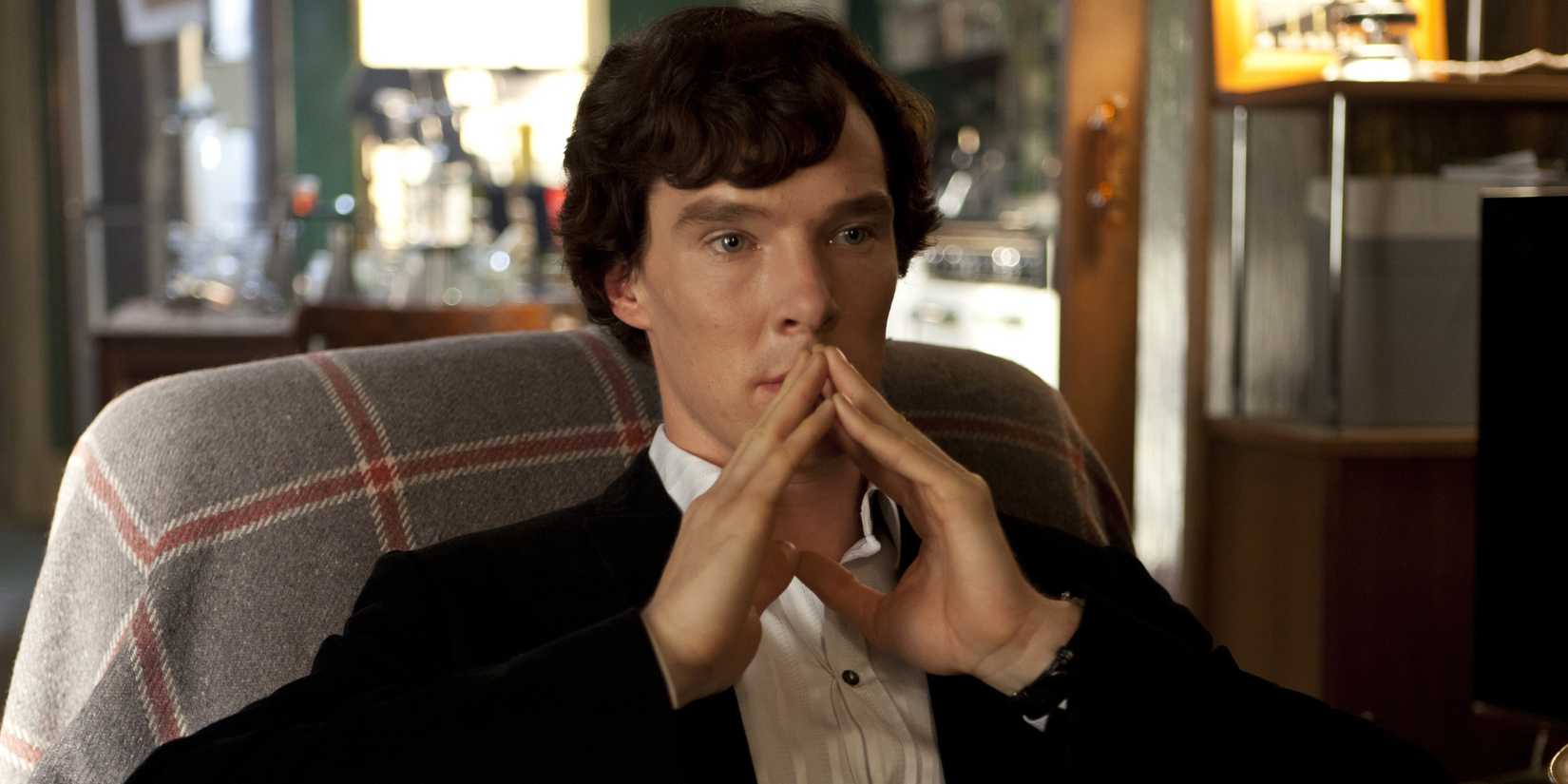
Early seasons of Sherlock were particularly engaging because of how clearly they showed Sherlock’s deduction process. This allowed viewers to understand his thought process and solve the mystery alongside him, making the show more interactive and enjoyable.
Sadly, the show Sherlock exaggerated the main character’s detective abilities in seasons 3 and 4. His deductions became unrealistic and difficult to accept, as it wasn’t believable he could figure out so much from tiny clues. This made Sherlock feel less human, and it wasn’t necessary to alter a character trait that was already successful.
Sherlock Should Have Toned Down The Comedy

While Sherlock wasn’t originally a comedy, the later seasons included more humorous elements. The first two seasons did have funny scenes, but they felt natural and were a good fit for the characters and their relationships.
While the earlier seasons were strong, seasons 3 and 4 of Sherlock tried too hard to be funny, and the humor often felt unnatural and didn’t fit the show. It wasn’t needed, especially since the series had other areas that needed attention, and these comedic bits seemed like a clumsy effort to take attention away from the show’s real issues.
Sherlock Didn’t Need To Change Mary Morstan
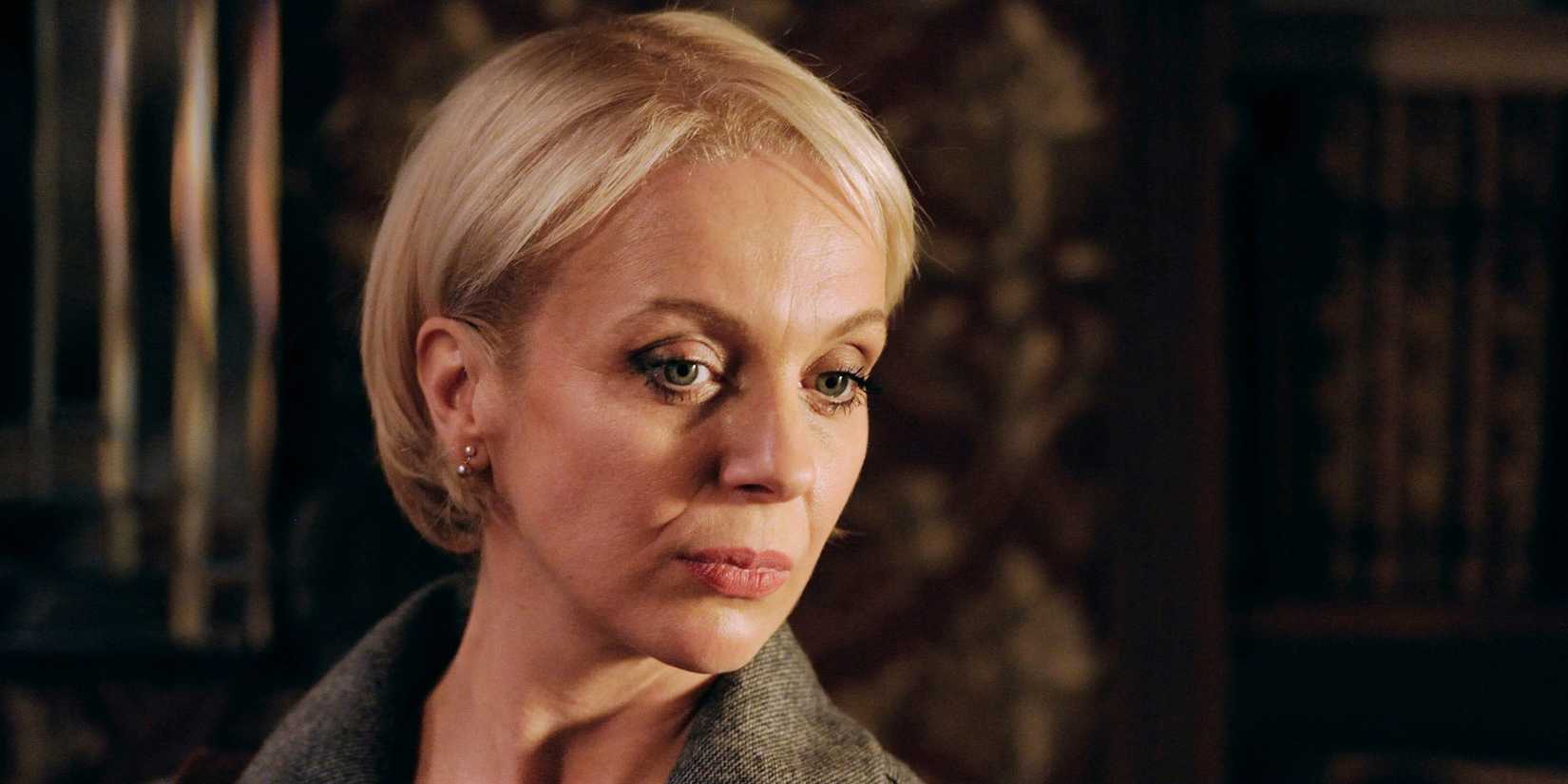
As a longtime Sherlock fan, I was genuinely shocked when Holmes ‘returned’ in season 3 and discovered Watson had moved on – he was engaged to Mary Morstan, played by Amanda Abbington! It wasn’t that Mary was added to the story, but the way her character was presented felt different from what I remembered, and that was the real issue.
Rather than portraying Mary as the supportive partner she was in the original stories – a friend to both Watson and Holmes – the show reimagined her as a former spy haunted by a troubled past. This unnecessary change complicated seasons 3 and 4 and diminished a well-developed character who didn’t require such a drastic alteration.
Sherlock Should Have Let Moriarty In The Past
![]()
In the first two seasons of Sherlock, the main antagonist was Jim Moriarty, played by Andrew Scott. He was a criminal mastermind who operated behind the scenes and also directly challenged Sherlock Holmes. Sadly, their conflict ended prematurely in the season 2 finale when Moriarty took his own life, seemingly intending to provoke Holmes into doing the same.
Despite the clear finality of his death, the show repeatedly brought Moriarty back through dreams and visions. This became excessive when season 4 hinted at a possible return that never materialized. It would have been better to conclude Moriarty’s story definitively in “The Reichenbach Fall” and only feature him in memories or past scenes.
Sherlock Needed A New Big Villain (& Wasted Its Best Option)
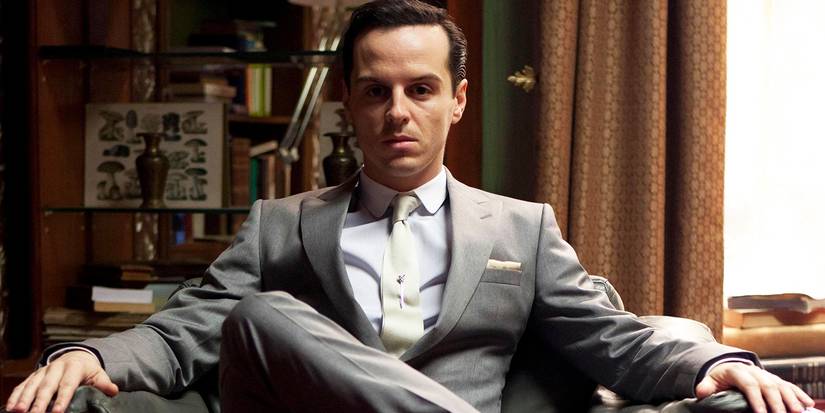
As a huge fan of Sherlock, I always felt Moriarty’s death was a turning point for the wrong reasons. It wasn’t just about losing a great antagonist, it was that the show never found another villain who really measured up. After Moriarty was gone, we got these forgettable bad guys who were only around for a single episode. Honestly, it was a huge waste, because they had some fantastic characters lined up as potential Moriarty replacements – like Sebastian Moran, Charles Magnussen, and Culverton Smith – but they didn’t get the development they deserved.
The show really missed a chance with Sebastian Moran. In the original Sherlock Holmes stories, he’s established as the second most dangerous man in London, working for Professor Moriarty. The series could have built him into a major villain, but instead, he ended up as a small, easily forgotten character.
Sherlock Should Have Stayed As A Mystery Show
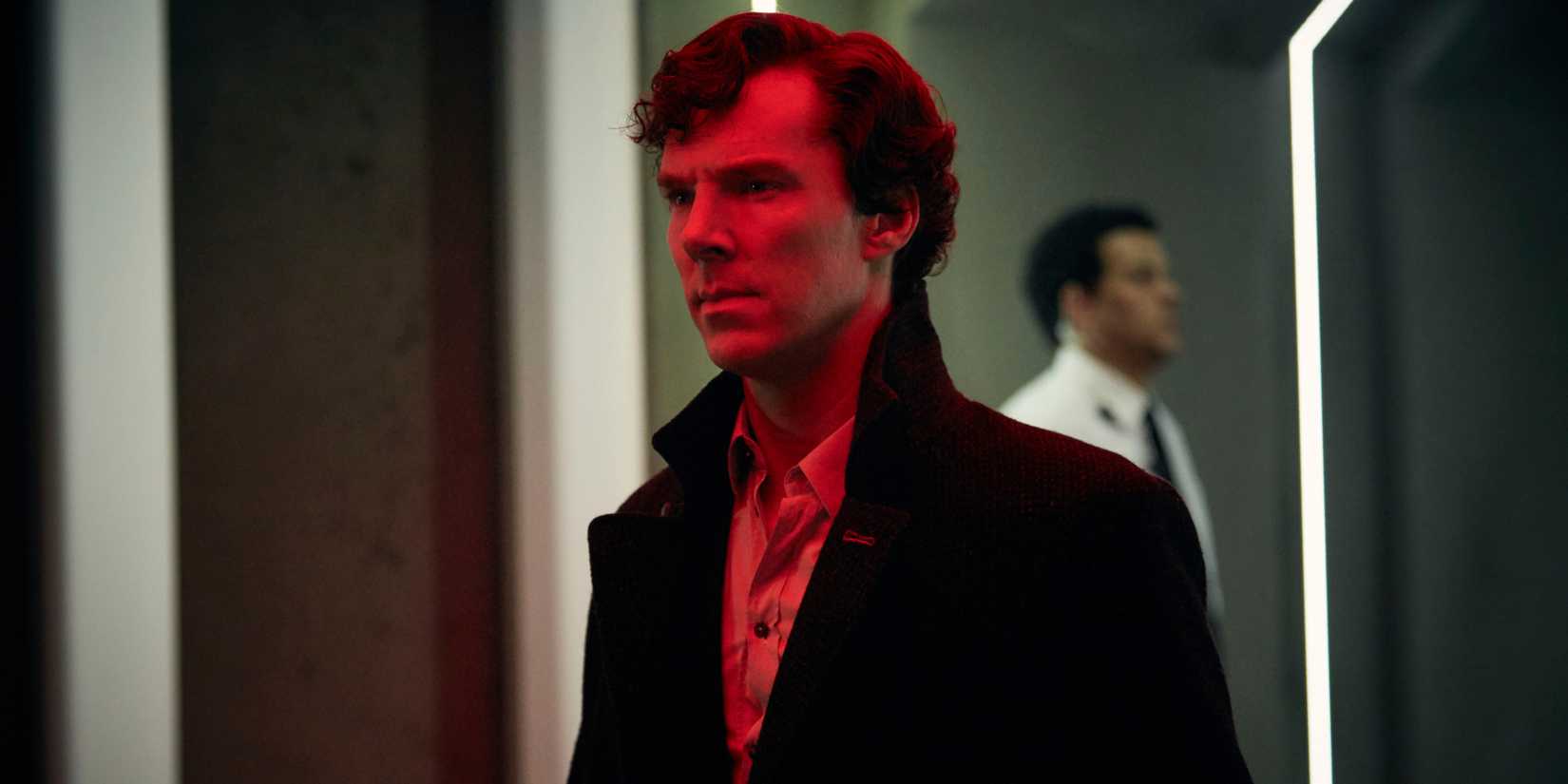
One reason Sherlock started to lose popularity was a shift in its focus. Initially, the show was a classic detective series, featuring Holmes and Watson tackling a new case each episode, while also developing their relationship. But changes to the show’s style and genre ultimately contributed to its decline.
Following Sherlock Holmes’s apparent resurrection, the show became much more focused on the characters’ personal problems—particularly those arising from Mary Morstan’s introduction—and less on actual detective work. If Sherlock had stuck to being a crime-solving show, its reputation might be in better standing now.
Sherlock Should Have Given An Official Explanation To How He Faked His Death

The biggest flaw in the story of Sherlock is that it never clearly explains how Holmes managed to fake his death. After Moriarty seemingly died in “The Reichenbach Fall,” Holmes appeared to do the same… but it was all an act, kept secret from everyone except his brother, Mycroft, and potentially Molly Hooper.
After season 2 and before season 3, viewers came up with many clever ideas about how Sherlock Holmes could have pretended to die. However, the show Sherlock never revealed the actual method. Instead, it playfully dismissed the fan theories and never provided a clear answer, suggesting Sherlock’s explanation to Anderson was simply a hallucination on Anderson’s part.
Leaving Holmes’s fake death unexplained caused more issues than it solved, especially after the show seemed to make fun of its dedicated viewers. The problem actually had an easy fix, and it’s still a mystery how he pulled it off.
Sherlock Should Have Continued To Focus On Holmes & Watson’s Dynamic
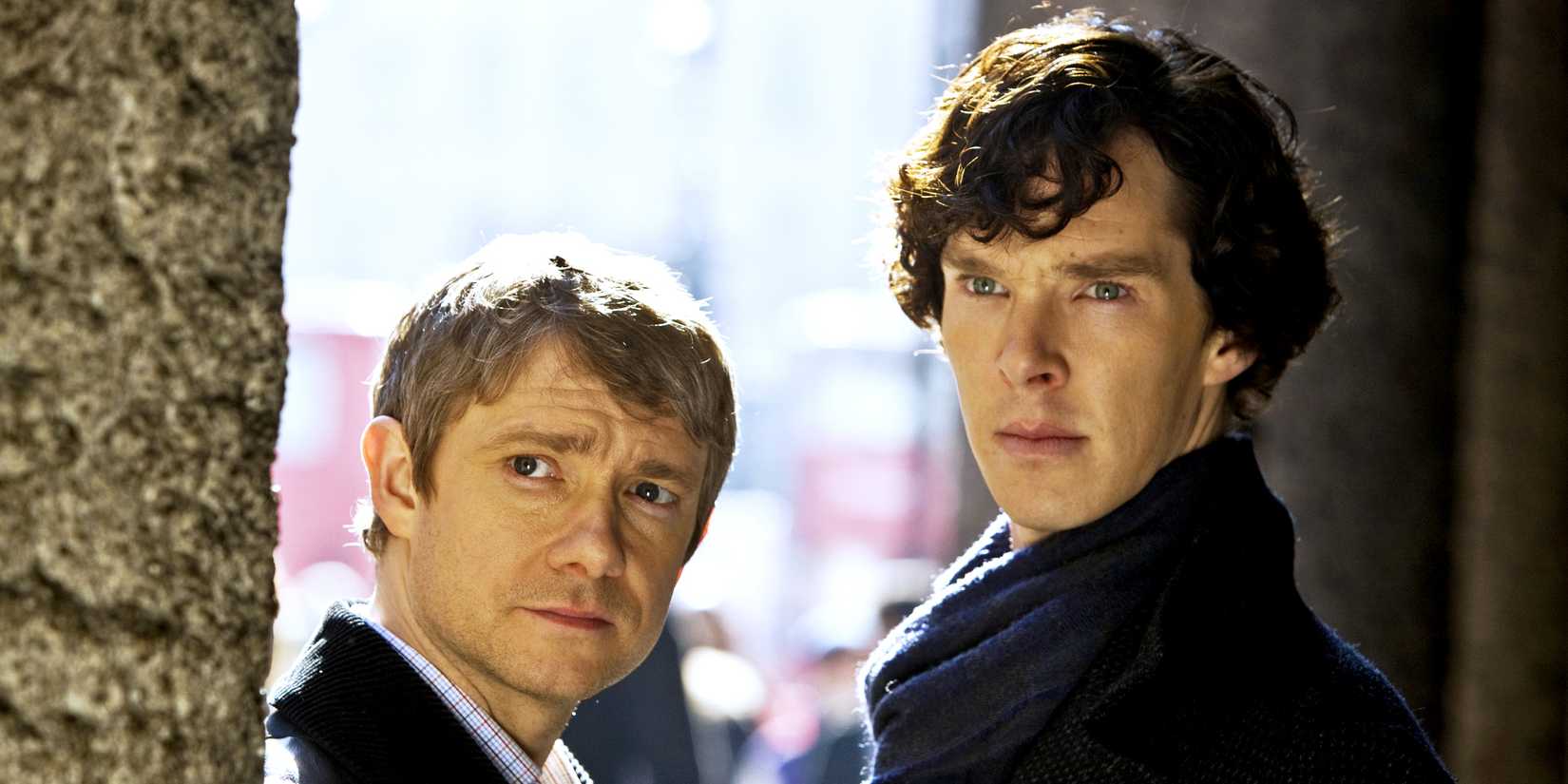
Seasons 3 and 4 of Sherlock significantly altered the relationship between Holmes and Watson. The introduction of Mary Morstan shifted the show’s emphasis from solving mysteries to more dramatic storylines, and as a result, the core dynamic of Holmes and Watson working together on cases was diminished.
While the last two seasons of Sherlock still featured Holmes and Watson investigating crimes, the show spent more time on their personal problems than on their relationship as friends and colleagues. This shift away from what made the show special contributed to its decline in quality.
Sherlock Should Have Never Introduced Eurus Holmes
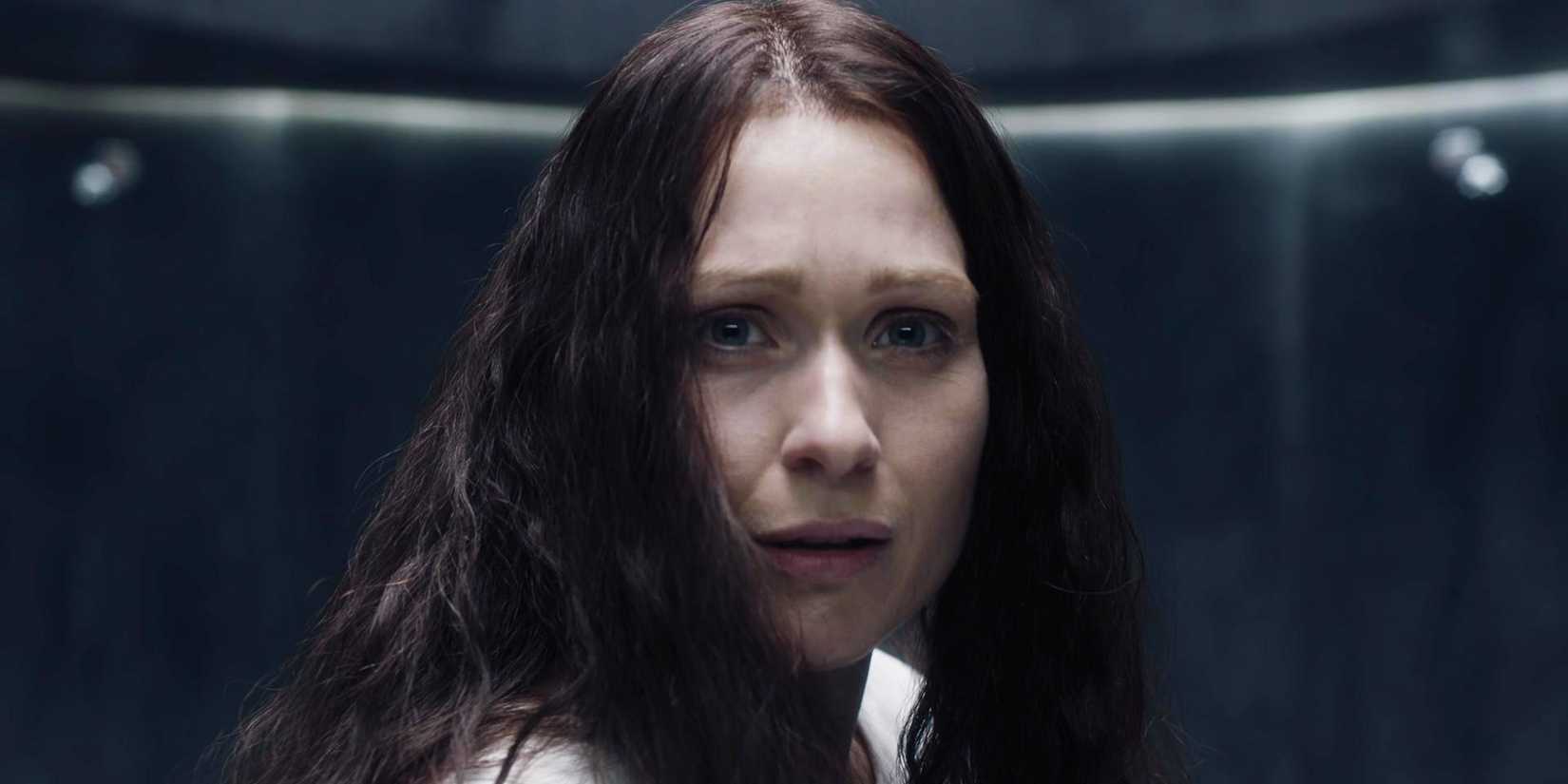
Even though many changes could have made the later seasons of Sherlock better, removing one element alone might have rescued the show: not introducing the character of Eurus Holmes (Sian Brooke). Season four surprisingly revealed a third Holmes sibling, but unlike her brothers, she was portrayed as a criminal genius.
Eurus devised a complicated and illogical scheme to harm her siblings and Watson, but Holmes ultimately outsmarted her. Her character felt completely out of place and didn’t make sense, making her the most pointless and confusing villain in the entire Sherlock series.
If Sherlock hadn’t introduced the character of Eurus, and had instead featured a different villain – perhaps one they’d already established but didn’t use – the show’s finale would have been much stronger and wouldn’t be known for its confusing and disappointing conclusion.
Read More
- Best Controller Settings for ARC Raiders
- Battlefield 6 Season 2 Update Is Live, Here Are the Full Patch Notes
- Every Targaryen Death in Game of Thrones, House of the Dragon & AKOTSK, Ranked
- The Best Members of the Flash Family
- The Pitt Season 2, Episode 7 Recap: Abbot’s Return To PTMC Shakes Things Up
- ‘Crime 101’ Ending, Explained
- Dan Da Dan Chapter 226 Release Date & Where to Read
- Duffer Brothers Discuss ‘Stranger Things’ Season 1 Vecna Theory
- Ashes of Creation Mage Guide for Beginners
- Dispatch’s All-Star Cast Explains the Superhero Sitcom Game You’ve Been Waiting For
2025-10-29 03:21